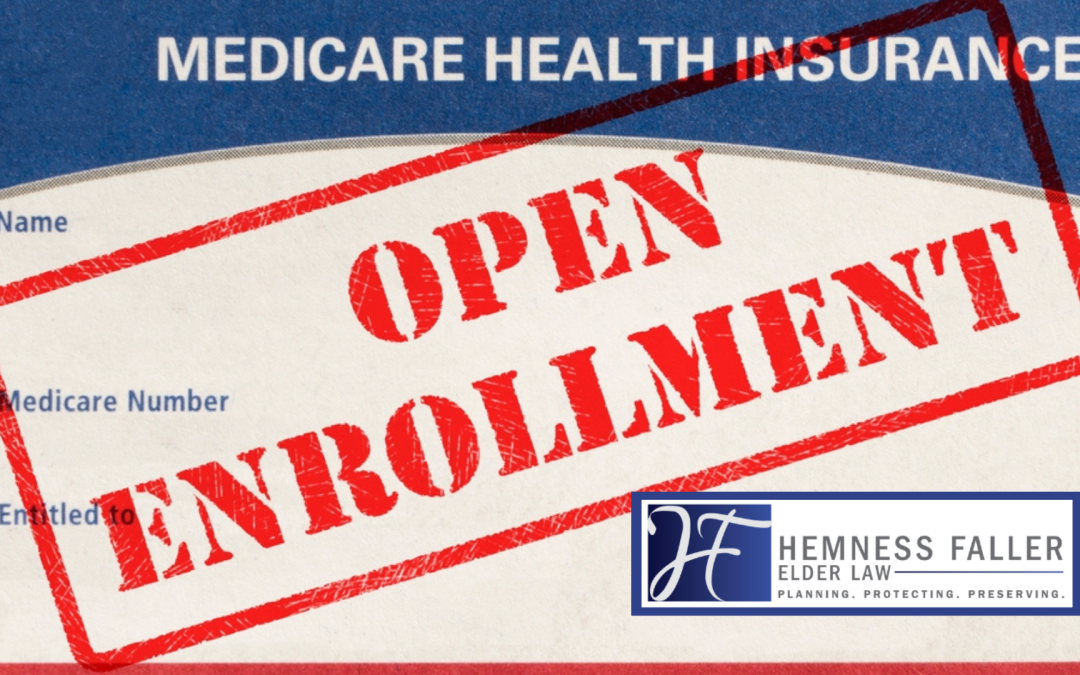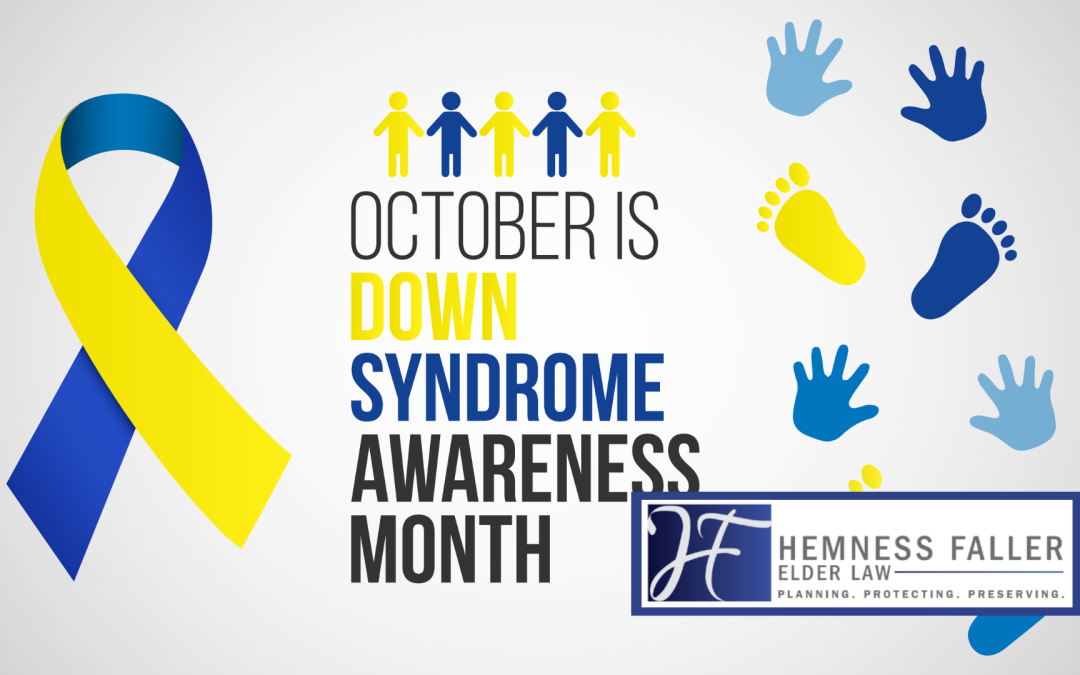What is ABLE (Achieving A Better Life Experience)?
ABLE arose from a federal law enacted in December 2014 which allows for a tax-favored account to be established for people with disabilities. A new 529A section within the Internal Revenue Code and regulations were issued in Summer 2015. The State of Florida enacted its own ABLE program and participation opened officially July 1, 2016. Florida’s program is known as ABLE United, and it is administered through Florida’s Prepaid College Board. www.ableunited.com
What are the key features of ABLE Accounts?
Only people whose disabilities were present prior to the age of 26 may take advantage of ABLE. Funds may be contributed to an ABLE account by any person, including the disabled person, yet subject to annual limitations for total contributions to the account. The total contributions allowed annually is tied to the annual gift tax exclusion amount, which is $15,000 (2020). Funds accumulated in the account will not be counted against a disabled person’s receipt of SSI or Medicaid benefits up to certain values. If the ABLE account reaches $100,000 or more, SSI will be affected. However, the maximum account value to remain eligible for Florida Medicaid is much higher.
Contributions from the ABLE account are restricted to “qualified disability expenses”. Yet the list is quite long and includes: education, housing, transportation, employment training and support, assistive technology and personal support services, health, prevention and wellness, financial management and administrative services, legal fees, expenses for oversight and monitoring, funeral and burial expenses, and other expenses approved by the Treasury Secretary through regulations. Qualified disability expenses also include by regulation “basic living expense.
What is the biggest benefit to ABLE?
There are a number of benefits to ABLE accounts. Based upon popular opinion so far, the ability to make payments toward housing expenses without causing a reduction in SSI benefits is the most significant benefit from an eligibility standpoint. In contrast, distributions from either a first party special needs trust or a third party special needs trust causes a reduction in the SSI payment of a limited amount.
What is its largest downside?
Upon the death of the disabled person, except for burial costs, federal law requires all funds remaining in the account must pay back the State for medical assistance provided to the disabled person. The Florida Legislature, however, has enacted law that has suspended this payback requirement, unless there recovery of the Medicaid lien is applicable to the probate estate of the disabled person. In contrast to concerns about a payback, a payback will not occur when a parent contributes money or leaves an inheritance to a third party special needs trust.
In Summary, this is a bare-bones overview of ABLE. As a special needs lawyer working with families of people with disabilities, I’m extremely excited about the possibilities of advising clients about the planning opportunities with ABLE accounts, and using these accounts in conjunction with special needs trusts.
This article is written by Emma Hemness, Esquire, of Hemness Faller Elder Law, www.hemnesslaw.com.





